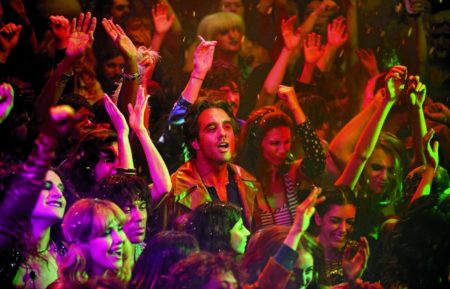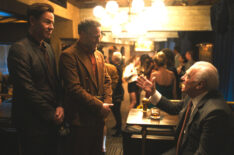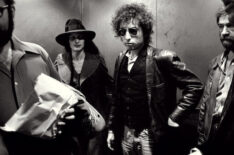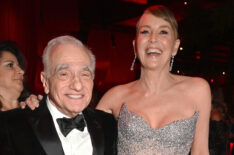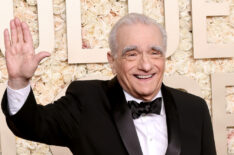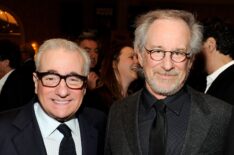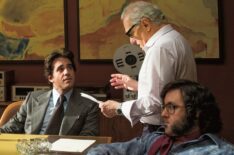Martin Scorsese
Credits
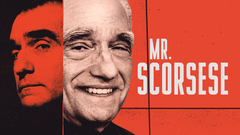
Mr. ScorseseStream
Self
Docuseries
2025

SaquonStream
Executive Producer
Movie
2025

The Oratorio con Martin Scorsese
Self
Show
2025

Tribeca Festival
Self
Show
2025

Homebound
Executive Producer
Movie
2025
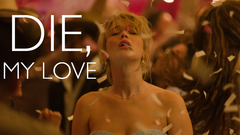
Die, My Love
Producer
Movie
2025

In the Hand of Dante
Actor
Isaiah
Movie
2025

Martin Scorsese en musique
Self
Show
2024

Martin Scorsese Remembers Powell and Pressburger
Host
Show
2024

Martin Scorsese Presents: The SaintsStream
Host
Series
2024

Martin Scorsese Presents: The SaintsStream
Narrator
Series
2024

Made in England: The Films of Powell and Pressburger
Executive Producer
Movie
2024

Made in England: The Films of Powell and Pressburger
Narrator
Movie
2024

Martin Scorsese Special
Self
Show
2023

Film at Lincoln Center
Guest
Show
2023

Personality Crisis: One Night OnlyStream
Director
Movie
2023
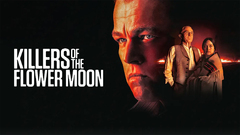
Killers of the Flower MoonStream
Director
Movie
2023

Killers of the Flower MoonStream
Producer
Movie
2023

Killers of the Flower MoonStream
Screenwriter
Movie
2023
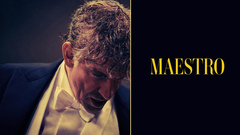
MaestroStream
Producer
Movie
2023
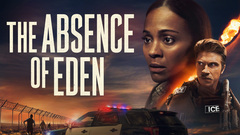
The Absence of EdenStream
Executive Producer
Movie
2023

Pet Shop Days
Executive Producer
Movie
2023
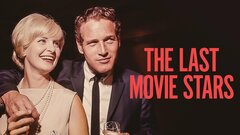
The Last Movie StarsStream
Executive Producer
Docuseries
2022

Dreaming Walls
Executive Producer
Movie
2022

The Eternal Daughter
Executive Producer
Movie
2022
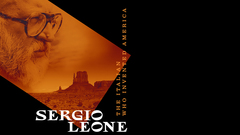
Sergio Leone: The Italian Who Invented AmericaStream
Self
Movie
2022

Fragments of Paradise
Self
Movie
2022

Stories of a Generation with Pope Francis
Self
Show
2021

Clint Eastwood: A Cinematic Legacy
Self
Show
2021

In memoriam Charlie Watts
Director
Show
2021
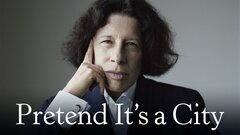
Pretend It's a CityStream
Actor
Movie
2021

Pretend It's a CityStream
Director
Movie
2021
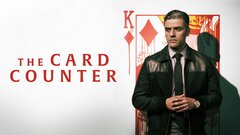
The Card CounterStream
Executive Producer
Movie
2021

MurinaStream
Executive Producer
Movie
2021

The Souvenir Part II
Executive Producer
Movie
2021

Evolution
Executive Producer
Movie
2021

Clint Eastwood: A Cinematic Legacy
Self
Movie
2021
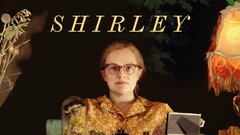
ShirleyStream
Executive Producer
Movie
2020

The Oratorio
Self
Movie
2020

The Irishman: In Conversation
Actor
Show
2019

The Irishman: In Conversation
Director
Show
2019
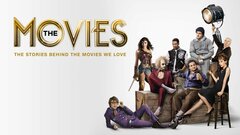
The MoviesStream
Self
Miniseries
2019
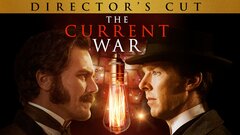
The Current WarStream
Executive Producer
Movie
2019
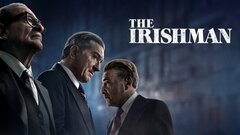
The IrishmanStream
Director
Movie
2019

The IrishmanStream
Producer
Movie
2019

The SouvenirStream
Executive Producer
Movie
2019
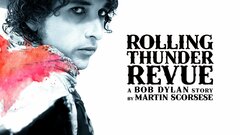
Rolling Thunder Revue: A Bob Dylan Story by Martin ScorseseStream
Director
Movie
2019
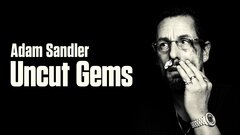
Uncut GemsStream
Executive Producer
Movie
2019
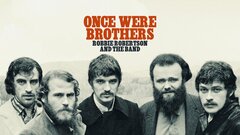
Once Were BrothersStream
Self
Movie
2019

Diane
Executive Producer
Movie
2018

Tomorrow
Executive Producer
Movie
2018

The Sunday Project
Guest
Show
2017

The Breakfast Couch
Guest
Show
2017

No Direction Home: Bob Dylan
Director
Show
2017

Gene Tierney: A Forgotten Star
Self
Show
2017

Martin Scorsese: True Confessions
Guest
Show
2017
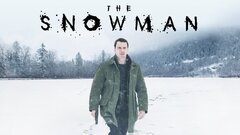
The SnowmanStream
Executive Producer
Movie
2017
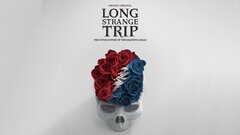
Long Strange TripStream
Executive Producer
Movie
2017
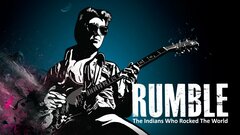
Rumble: The Indians Who Rocked the WorldStream
Self
Movie
2017

John G. Avildsen: King of the Underdogs
Self
Movie
2017

Abundant Acreage Available
Executive Producer
Movie
2017

King Cohen: The Wild World of Filmmaker Larry Cohen
Self
Movie
2017
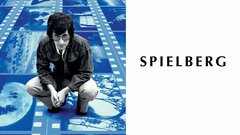
SpielbergStream
Self
Movie
2017

A Ciambra
Executive Producer
Movie
2017

Drôle de père
Executive Producer
Movie
2017

Andrzej Wajda - Moje inspiracje
Self
Show
2016

Jerry Lewis, clown rebelle
Self
Show
2016

Entrevista BAFTA: Kate Winslet
Guest
Show
2016

Entrevista BAFTA: Martin Scorsese
Guest
Show
2016
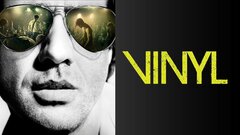
VinylStream
Director
Series
2016

VinylStream
Executive Producer
Series
2016
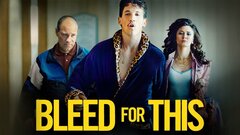
Bleed For ThisStream
Executive Producer
Movie
2016
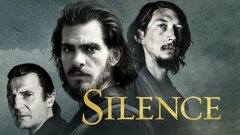
SilenceStream
Director
Movie
2016

SilenceStream
Producer
Movie
2016

SilenceStream
Screenwriter
Movie
2016

Lumiere!
Self
Movie
2016
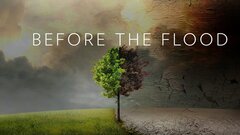
Before the FloodStream
Executive Producer
Movie
2016

Free Fire
Executive Producer
Movie
2016

Jerry Lewis: The Man Behind the Clown
Actor
Movie
2016

The Pulitzer at 100
Self
Movie
2016

健さん
Self
Movie
2016

Cine 21
Director
Show
2015
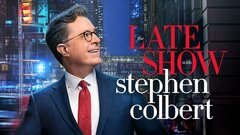
The Late Show With Stephen Colbert
Guest
Talk
2015

Dai nostri inviati: La Rai racconta la Mostra del Cinema di Venezia
Self
Show
2015

Close Up With The Hollywood Reporter
Guest
Show
2015

This is Orson Welles
Actor
Show
2015

This Is Orson Welles
Self
Movie
2015

The Wannabe
Executive Producer
Movie
2015

Behind the White Glasses
Self
Movie
2015

Mifune: The Last Samurai
Self
Movie
2015

The Legend of the Palme D'Or
Self
Movie
2015

Pier Paolo Pasolini, maestro corsaro
Self
Movie
2015

Trespassing Bergman
Actor
Show
2014

John Ford at Monument Valley
Self
Show
2014

The Tonight Show Starring Jimmy Fallon
Guest
Show
2014
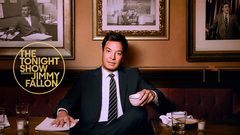
The Tonight Show Starring Jimmy FallonStream
Guest
Talk
2014

Wonderland
Actor
Show
2014

Life Itself
Executive Producer
Movie
2014
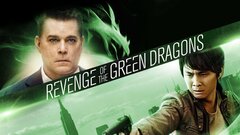
Revenge of the Green DragonsStream
Executive Producer
Movie
2014

The 50 Year Argument
Director
Movie
2014

The 50 Year Argument
Producer
Movie
2014

Stars
Actor
Show
2013

Peter Gabriel: Live In Athens 1987
Executive Producer
Show
2013

A Letter to Elia
Director
Show
2013

Trespassing Bergman
Actor
Movie
2013
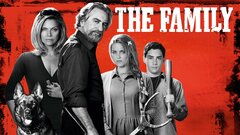
The FamilyStream
Executive Producer
Movie
2013

Seduced and Abandoned
Self
Movie
2013
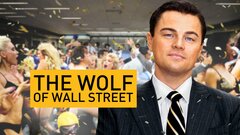
The Wolf of Wall StreetStream
Director
Movie
2013

The Wolf of Wall StreetStream
Producer
Movie
2013

Martin Scorsese on Hugo
Self
Show
2011

George Harrison: Living in the Material World
Director
Show
2011
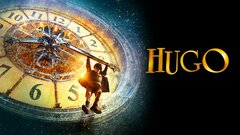
HugoStream
Director
Movie
2011

HugoStream
Producer
Movie
2011
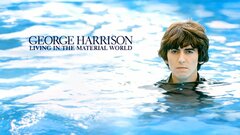
George Harrison: Living in the Material WorldStream
Director
Movie
2011

George Harrison: Living in the Material WorldStream
Producer
Movie
2011
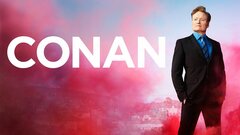
ConanStream
Guest
Talk
2010
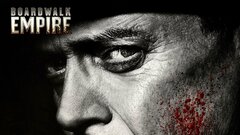
Boardwalk EmpireStream
Director
Series
2010

Boardwalk EmpireStream
Executive Producer
Series
2010

The 67th Annual Golden Globe Awards
Guest
Show
2010

...Men filmen är min älskarinna
Actor
Movie
2010
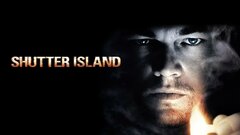
Shutter IslandStream
Director
Movie
2010

Shutter IslandStream
Producer
Movie
2010

Cameraman: The Life & Work of Jack Cardiff
Actor
Movie
2010

A Letter to Elia
Director
Movie
2010

A Letter to Elia
Narrator
Movie
2010

A Letter to Elia
Producer
Movie
2010

A Letter to Elia
Writer
Movie
2010

Public Speaking
Director
Movie
2010

The 32nd Annual Kennedy Center Honors
Guest
Show
2009

The Young VictoriaStream
Producer
Movie
2009

Shine a Light
Director
Movie
2008

Lymelife
Executive Producer
Movie
2008

The Key to Reserva
Director
Movie
2007

Val Lewton: The Man in the Shadows
Narrator
Movie
2007

Val Lewton: The Man in the Shadows
Producer
Movie
2007

Picasso and Braque Go to the Movies
Narrator
Movie
2007

Picasso and Braque Go to the Movies
Producer
Movie
2007
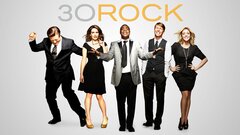
30 RockStream
Guest Star
Martin Scorsese
Series
2006

30 RockStream
Guest Voice
Martin Scorsese
Series
2006

etalk
Guest
Show
2006

Bob Dylan, No Direction Home
Director
Show
2006
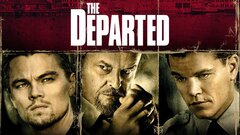
The DepartedStream
Director
Movie
2006

Michael Powell
Self
Show
2005

No Direction Home: Bob Dylan
Director
Movie
2005

No Direction Home: Bob Dylan
Producer
Movie
2005

The Cutting Edge: The Magic of Movie Editing
Actor
Show
2004
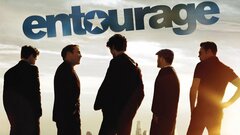
EntourageStream
Guest Star
Martin Scorsese
Series
2004

Shark Tale
Voice
Sykes
Movie
2004
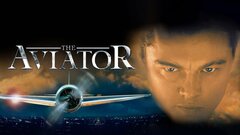
The AviatorStream
Director
Movie
2004

Cecil B. DeMille: American Epic
Actor
Movie
2004

Lightning in a Bottle
Executive Producer
Movie
2004
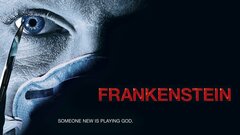
FrankensteinStream
Executive Producer
Movie
2004
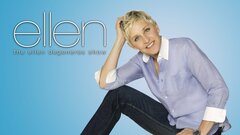
The Ellen DeGeneres Show
Guest
Talk
2003
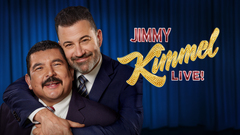
Jimmy Kimmel Live!Stream
Guest
Talk
2003

The Soul of a Man
Executive Producer
Movie
2003
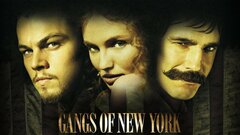
Gangs of New YorkStream
Director
Movie
2002

Arena
Director
Show
2001

Arena
Self
Show
2001
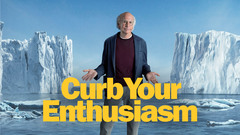
Curb Your EnthusiasmStream
Guest Star
Himself
Series
2000

Roberto Rossellini
Actor
Movie
2000

アルマーニ
Actor
Movie
2000
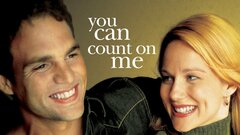
You Can Count on MeStream
Executive Producer
Movie
2000

Talking Movies
Guest
Show
1999
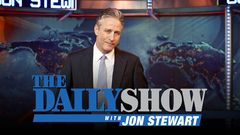
The Daily Show With Jon StewartStream
Guest
Talk
1999

The Muse
Self
Movie
1999
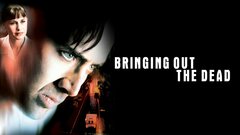
Bringing Out the DeadStream
Director
Movie
1999

My Voyage to Italy
Director
Movie
1999

With Friends Like These...
Self
Movie
1998

The Hi-Lo Country
Producer
Movie
1998

In Search of Kundun With Martin Scorsese
Actor
Movie
1998

Religion & Ethics Newsweekly
Guest
Show
1997
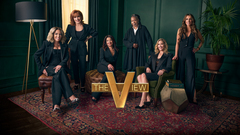
The ViewStream
Guest
Talk
1997

Kicked in the Head
Executive Producer
Movie
1997

Kundun
Director
Movie
1997

Access HollywoodStream
Guest
News
1996

Grace of My Heart
Executive Producer
Movie
1996

Eric Clapton: Nothing But the Blues
Executive Producer
Show
1995

Search and Destroy
Actor
The Accountant
Movie
1995

Search and Destroy
Executive Producer
Movie
1995

A Personal Journey With Martin Scorsese Through American Movies
Director
Movie
1995

A Personal Journey With Martin Scorsese Through American Movies
Narrator
Movie
1995

A Personal Journey With Martin Scorsese Through American Movies
Producer
Movie
1995

A Personal Journey With Martin Scorsese Through American Movies
Writer
Movie
1995
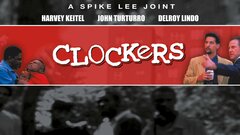
ClockersStream
Producer
Movie
1995
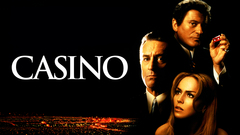
CasinoStream
Director
Movie
1995

CasinoStream
Writer
Movie
1995

Extra
Guest
News
1994
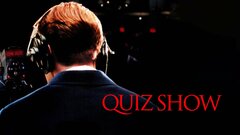
Quiz ShowStream
Actor
Martin Rittenhome
Movie
1994
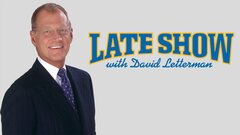
Late Show With David Letterman
Guest
Talk
1993
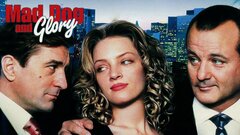
Mad Dog and GloryStream
Producer
Movie
1993
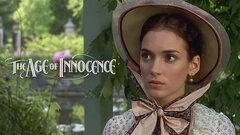
The Age of InnocenceStream
Director
Movie
1993

The Age of InnocenceStream
Screenwriter
Movie
1993

Naked in New York
Executive Producer
Movie
1993

Amazing Stories: The Movie IV
Director
Movie
1991
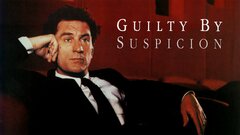
Guilty by SuspicionStream
Actor
Joe Lesser
Movie
1991

Cape FearStream
Director
Movie
1991

Kings Of Ads / 巨匠たちのCF
Director
Movie
1991

Akira Kurosawa's Dreams
Actor
Vincent Van Gogh
Movie
1990
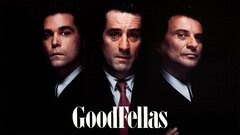
GoodfellasStream
Director
Movie
1990

GoodfellasStream
Screenwriter
Movie
1990
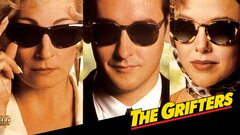
The GriftersStream
Producer
Movie
1990

Made in Milan
Director
Movie
1990

Hollywood Mavericks
Actor
Movie
1990

New York Stories
Director
Movie
1989
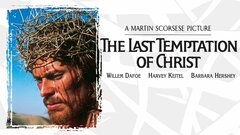
The Last Temptation of ChristStream
Director
Movie
1988
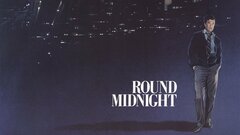
Round MidnightStream
Actor
Goodley
Movie
1986
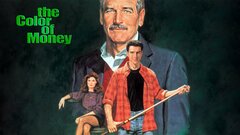
The Color of MoneyStream
Director
Movie
1986
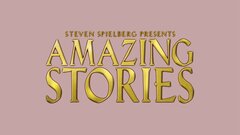
Amazing StoriesStream
Director
Series
1985
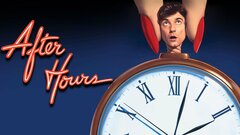
After HoursStream
Director
Movie
1985

Pavlova: A Woman for All Time
Actor
Gatti-Cassaza
Show
1983

The King of ComedyStream
Director
Movie
1983
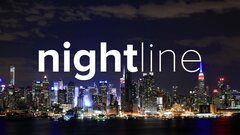
Nightline
Guest
News
1980
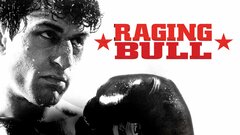
Raging BullStream
Director
Movie
1980

CBS News Sunday Morning
Guest
News
1979
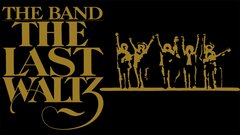
The Last WaltzStream
Director
Movie
1978

American Boy: A Profile of: Steven Prince
Director
Movie
1978
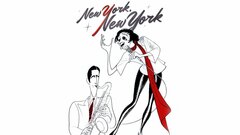
New York, New York
Director
Movie
1977
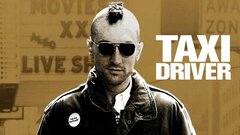
Taxi DriverStream
Director
Movie
1976

Good Morning AmericaStream
Guest
News
1975
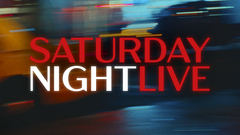
Saturday Night LiveStream
Guest Star
Series
1975

Rockpalast
Director
Show
1974
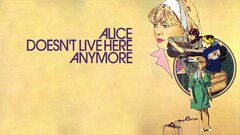
Alice Doesn't Live Here AnymoreStream
Director
Movie
1974

Italianamerican
Director
Movie
1974
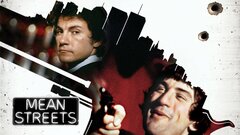
Mean StreetsStream
Actor
Jimmy Shorts (uncredited)
Movie
1973

Mean StreetsStream
Director
Movie
1973

Mean StreetsStream
Writer
Movie
1973

Mean StreetsStream
Writer (Story)
Movie
1973
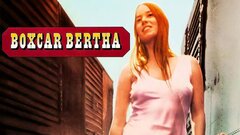
Boxcar BerthaStream
Actor
Brothel Client
Movie
1972

Boxcar BerthaStream
Director
Movie
1972
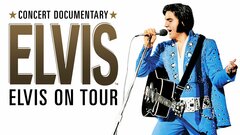
Elvis on TourStream
Film Editing
Movie
1972

Street Scenes
Actor
Interviewer
Movie
1970

Street Scenes
Director
Movie
1970
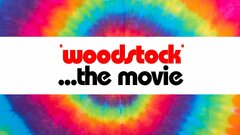
WoodstockStream
Assistant Director
Movie
1970

WoodstockStream
Film Editing
Movie
1970

Bezeten - Het gat in de muur
Screenwriter
Movie
1969
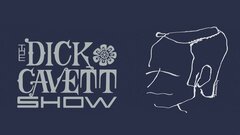
The Dick Cavett ShowStream
Guest
Talk
1968
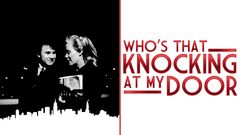
Who's That Knocking at My DoorStream
Director
Movie
1968

Who's That Knocking at My DoorStream
Screenwriter
Movie
1968

The Big Shave
Director
Movie
1967

The Big Shave
Film Editing
Movie
1967

The Big Shave
Producer
Movie
1967

The Big Shave
Screenwriter
Movie
1967

The Big Shave
Writer
Movie
1967

It's Not Just You, Murray!
Director
Movie
1964

It's Not Just You, Murray!
Screenwriter
Movie
1964

What's a Nice Girl Like You Doing in a Place Like This?
Director
Movie
1963

What's a Nice Girl Like You Doing in a Place Like This?
Screenwriter
Movie
1963

TodayStream
Guest
News
1952
News aboutMartin Scorsese
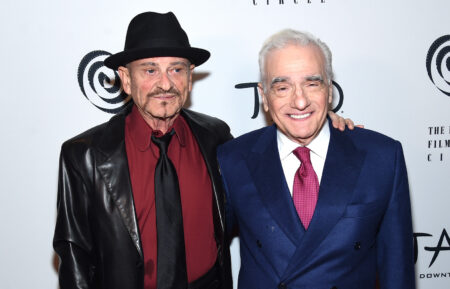
Why Isn’t Joe Pesci in ‘Mr. Scorsese’? Director Reveals Personal Reason He Refused Interviews
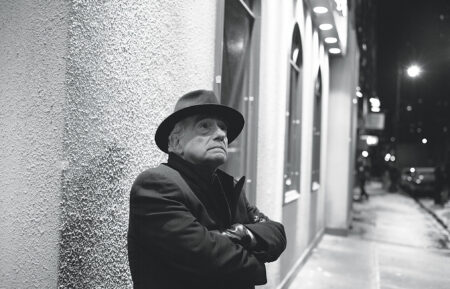
Exclusive
‘Mr. Scorsese’ Director Reflects on Martin Scorsese Acknowledging His ‘Dark Side’ & More
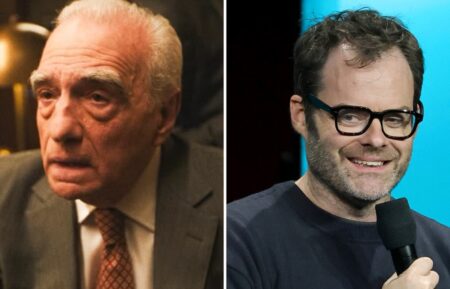
‘The Studio’ Creators React to Bill Hader’s Jonestown Series & Scorsese Reaction Memes
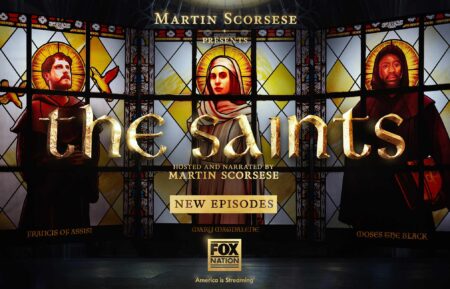
New Episodes of ‘Martin Scorsese Presents: The Saints’ Schedule & Preview
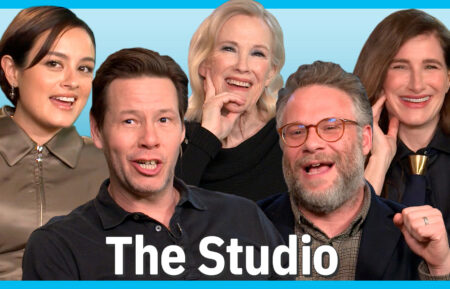
How ‘The Studio’ Got Martin Scorsese & More Cameos & Filmed That Epic Oner (VIDEO)

Review
Roush Review: Hooray for Hollyweird in Brilliant ‘Studio’ Satire
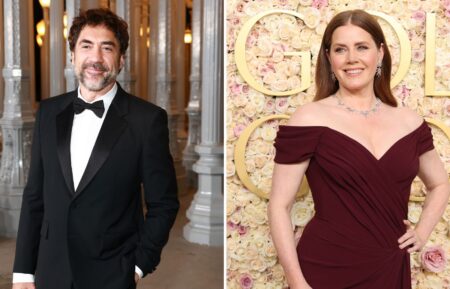
‘Cape Fear’: Everything You Need to Know About the Apple TV+ Series
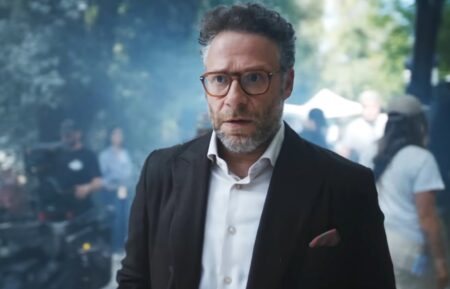
‘The Studio’: Seth Rogen’s a Frazzled Hollywood Exec in Star-Studded Teaser (VIDEO)
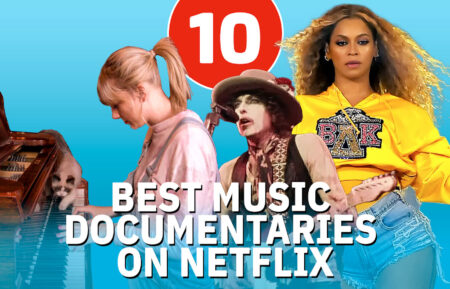
10 Best Music Documentaries on Netflix, Ranked
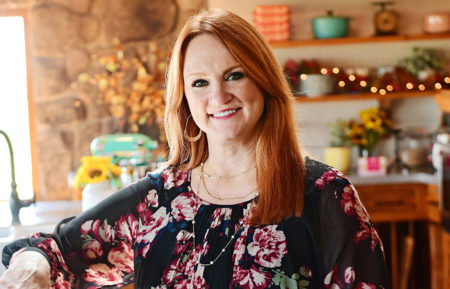
‘Pioneer Woman’ Ree Drummond Has Surprising Link to Martin Scorsese’s ‘Killers of the Flower Moon’
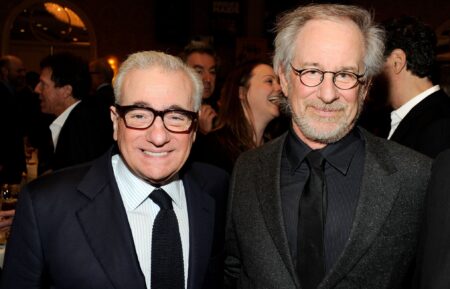
Is TCM Going Away? Legendary Movie Directors Try to Save the Network
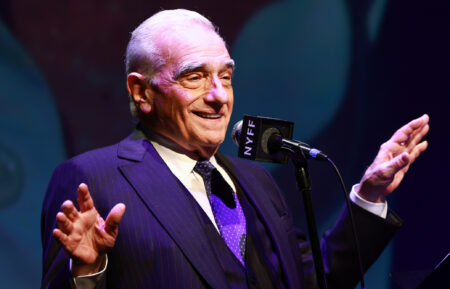
‘Gangs of New York’ TV Series in the Works With Martin Scorsese Directing
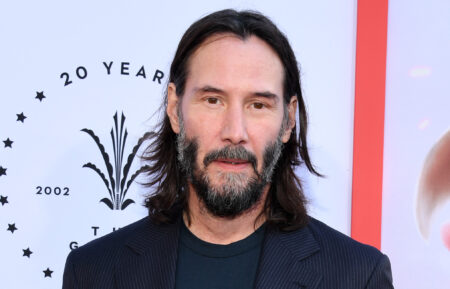
Keanu Reeves Officially Signs on to Star in ‘Devil in the White City’ at Hulu
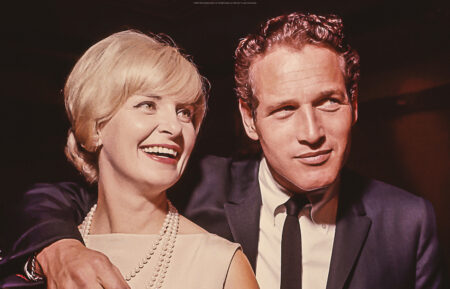
‘The Last Movie Stars’ Trailer Unveils Paul Newman & Joanne Woodward’s Love Story (VIDEO)
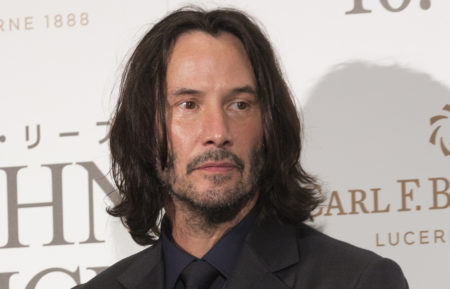
Keanu Reeves Tapped for Hulu Drama Series From Martin Scorsese & Leonardo DiCaprio
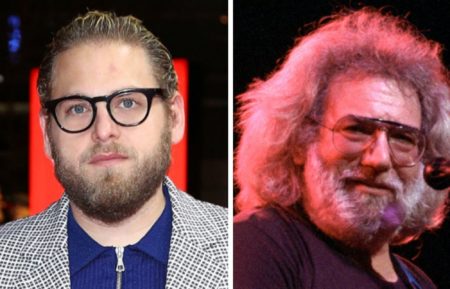
Jonah Hill Is Jerry Garcia in Martin Scorsese’s Grateful Dead AppleTV+ Film
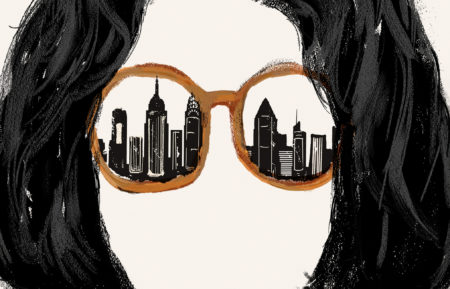
Martin Scorsese’s ‘Pretend It’s a City’ on Netlix Stars Essayist Fran Lebowitz
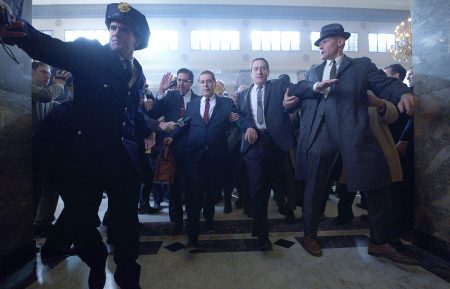
Martin Scorsese’s ‘The Irishman’ Is an Epic Tale That Was Worth the Wait
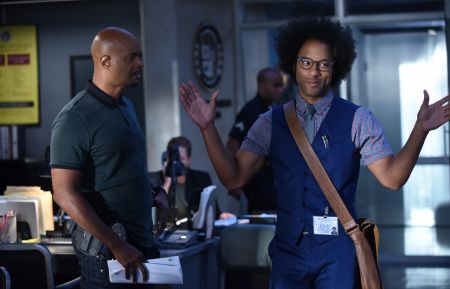
Exclusive
‘Lethal Weapon’: Why Will Scorsese Be Seen In A ‘New Light’ This Week?
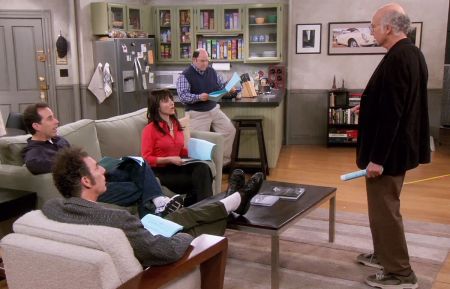
Prett-ay, Prett-ay, Prett-ay, Pretty Good: Our Favorite ‘Curb Your Enthusiasm’ Guest Stars

HBO Cancels ‘Vinyl’ After One Season
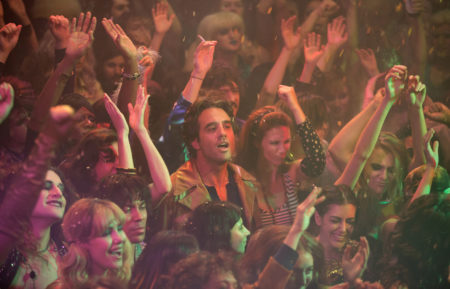
Roush Review: ‘Vinyl’ Is Scorsese’s ‘Life-Altering Rock-pocalypse’

‘Vinyl’ Gets Bobby Cannavale, Martin Scorsese and Mick Jagger Ready to Rock
